Federal Funding Opportunities
The Helping to End Addiction Long-term (HEAL) Data2Action (D2A) Program is a coordinated effort to promote the synthesis and real-world application of existing data to guide and monitor improvements in service delivery to prevent or treat opioid use disorder and pain. Collectively, these projects will address gaps in the delivery of evidence-based practices in primary prevention, harm reduction, treatment of opioid use disorder, and recovery support. This funding opportunity solicits applications for HEAL D2A Innovation Projects, which are phased awards intended to support local efforts, either within a single system or in cross-sector partnerships, to improve utilization of data to drive prediction and real-time proactive responses to the overdose crisis.
This funding opportunity announcement seeks projects aimed at increasing our understanding of the effectiveness, implementation, and impact of existing and new harm reduction practices to address the ongoing opioid crisis and substance use disorder more broadly. Projects may include developing and testing new harm reduction strategies; examining how to effectively implement new and existing harm reduction strategies; expanding the settings and delivery models through which harm reduction strategies are deployed; and examining the impact of new harm reduction policies implemented at state and local levels.
This funding opportunity supports pilot and preliminary research to prepare for rigorous clinical efficacy or effectiveness trials of recovery support services for individuals who take or have taken medications for opioid use disorder. Relevant trials may test a wide range of services where rigorous evidence of efficacy and effectiveness are needed including peer-based recovery support, recovery community centers, active recovery communities, recovery residences, education-based recovery support services, continuing care models, recovery support services to meet the needs of specific minority health populations, recovery support services to meet the needs of specific health disparities populations, combinations of these recovery support services, or others.
This new forecasted funding opportunity will support research to develop, test, and implement novel, culturally appropriate pain interventions and/or adapt, test, and evaluate efficacy and effectiveness of existing pain interventions, in populations that disproportionately experience negative health outcomes. Desired outcomes of these interventions include reduction of pain and pain-related symptoms, and improvement in overall health outcomes, including function and quality of life. Interventions that target populations that experience health disparities with chronic pain in addition to at least one comorbid condition (opioid-use disorder, mental health disorders and/or chronic health conditions) are of the highest priority.
The National Institutes of Health intends to issue a funding opportunity seeking applications that will identify and evaluate the ongoing and long-term impacts of the COVID-19 pandemic, focusing specifically on governmental (local, state, tribal, federal) policy and programmatic actions that address two specific social determinants of health: food/nutrition security and housing security. Applications will be requested to examine how these food/nutrition and housing policies and programs aimed at lessening the effects of the pandemic impacted health and health equity in individuals, families, and communities from health disparity populations.
The Partnerships for International Research and Education (PIRE) competition invites visionary, ambitious, interdisciplinary, use-inspired research proposals that address scientific challenges related to climate change and/or clean energy. Many cutting-edge research questions require international collaboration to achieve important advances and insights from diverse disciplines to address the full complexity of the research, as well as the active participation of stakeholders outside of academia to ensure research findings connect to real-world solutions to societal challenges related to climate change and/or clean energy. PIRE projects will utilize multi-stakeholder and international partnerships that are essential to address these challenges of critical societal importance at a regional or global scale. Research may include any combination of the natural and physical sciences, engineering, and social sciences., and proposals that advance understanding of the human and behavioral aspects of climate change and/or clean energy challenges are encouraged. Educational activities should also be integral to the project, and both research and education plans are expected to reflect intentional effort to advance diversity, equity and inclusion in science and engineering.
The goals of the Hispanic-Serving Institutions (HSI) program are to enhance the quality of undergraduate STEM education and increase the recruitment, retention, and graduation rates of students pursuing associate’s or baccalaureate degrees in STEM. Achieving these, given the diverse nature and context of the HSIs, requires additional strategies that support building capacity at HSIs through innovative approaches: to incentivize institutional and community transformation; and to promote fundamental research on engaged student learning, about what it takes to diversify and increase participation in STEM effectively, and that improves our understanding of how to build institutional capacity at HSIs.
The Directorate for Education and Human Resources’ Building Capacity in STEM Education Research (ECR: BCSER) supports projects that build investigators’ capacity to carry out high-quality STEM education research that will enhance the nation’s STEM education enterprise. ECR: BCSER seeks to broaden the pool of researchers who can advance knowledge regarding STEM learning and learning environments, broadening participation in STEM fields, and STEM workforce development. Specifically, ECR: BCSER supports activities that enable researchers to expand their areas of expertise and acquire the requisite knowledge and skills to conduct rigorous research in STEM education. Career development may be accomplished through investigator-initiated professional development and research projects or through institutes that enable researchers to integrate methodological strategies with theoretical and practical issues in STEM education.
The U.S. National Science Foundation and the William T. Grant Foundation are launching a collaborative partnership supporting aimed at increasing the effectiveness of youth-centered research and its capacity to foster widespread societal benefits. The partnership invites research proposals that can provide decision-makers and other leaders with new discoveries and evidence that are timely and relevant to local and national challenges faced by youth. Multiple types of fundamental research will be supported, including those that can increase the uptake and public value of interventions for youth-related issues.






